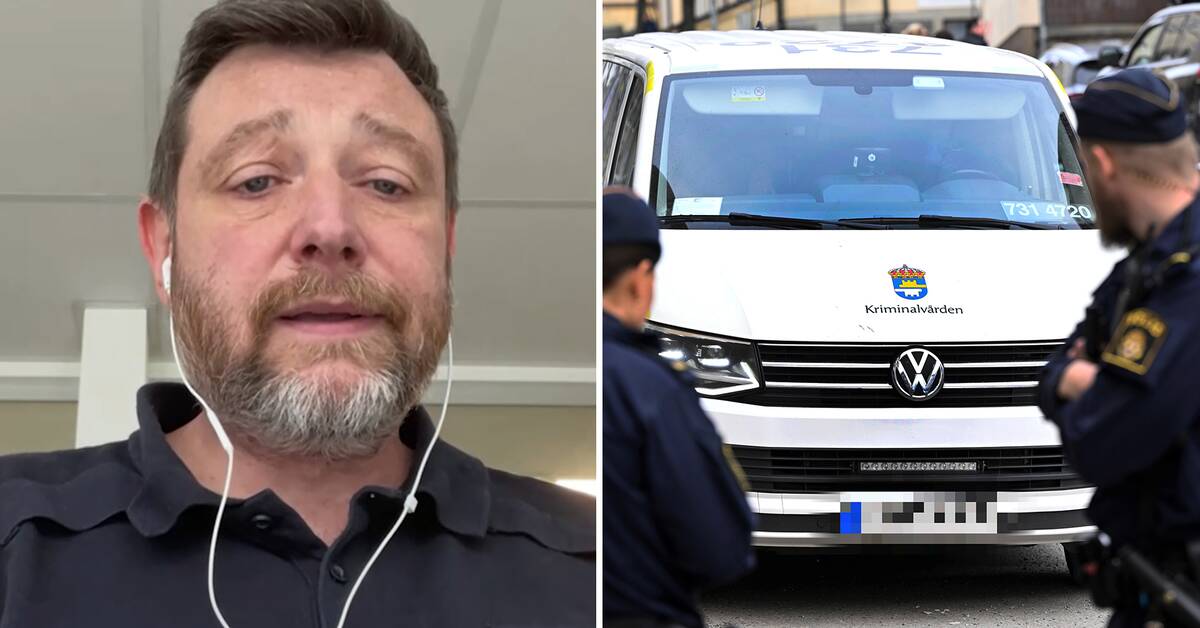The security risks have been known for a long time and the union has pointed it out to the Swedish Prison and Probation Service, says Marcus Carlström. Now two liberations have been carried out in the space of just under a month. Both in connection with transport to health care facilities.
"We have pointed out that there are risks and they have been around for a long time. The problem is that it seems that the criminals have also realized the risks," says Marcus Carlström.
Lack of space leads to emergency solutions
The problems for the national transport unit have been exacerbated by the lack of space and staff that the Prison and Probation Service is facing. Among other things, due to waiting times.
"We are exposed when we sit in our cars and when we leave our cars. The overcrowding of prisons and detention centers and staff shortages make these risks greater, says Marcus Carlström.
"There will be a lot of emergency solutions that are not good from the point of view of safety.
"Wrong to go out unnecessarily"
Some transports are also carried out unnecessarily, he says. For example, there are dental chairs in several institutions, and a safer alternative would have been to carry out the visits there instead of at an open clinic. The same applies to doctor's visits.
"We think it's wrong to embark on these trips unnecessarily. Especially when there is a high risk of escape or release.
He does not believe that it is feasible for the police to be involved in all transports.
"I don't think the police have the resources to be involved in all these transports. A bunch of transports go away every day," says Marcus Carlström.
The Swedish Prison and Probation Service will now investigate today's release in addition to the previous one, but before this is done, they do not want to say what measures need to be taken.
"But we need to do something, we can't have continued incidents of armed releases," says Claes Satisfied, investigator at the Swedish Prison and Probation Service's national transport unit.

